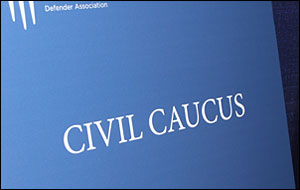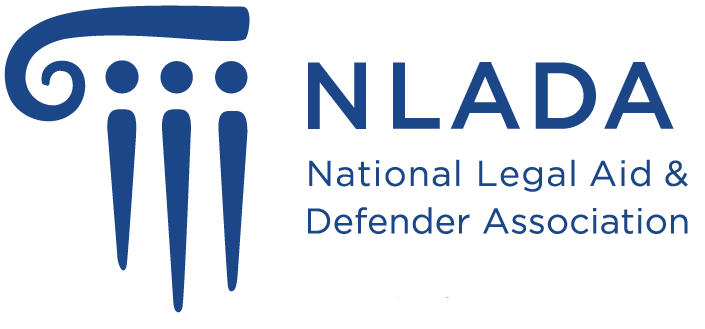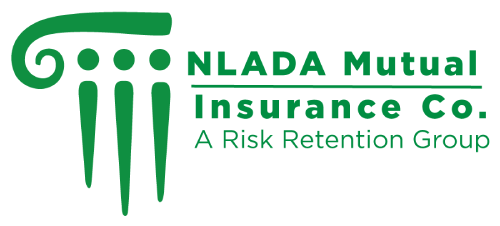 NLADA's Civil Legal Services Division (CLS) supports a wide array of advocates who deliver civil legal aid to low-income clients: legal services program providers, pro bono attorneys, law schools, bar associations, and other organizations and individuals. To advance justice and expand opportunity for all, CLS promotes excellence in civil legal aid by advocating on behalf of legal services programs and delivers high-quality information, training, tools, and technical assistance.
NLADA's Civil Legal Services Division (CLS) supports a wide array of advocates who deliver civil legal aid to low-income clients: legal services program providers, pro bono attorneys, law schools, bar associations, and other organizations and individuals. To advance justice and expand opportunity for all, CLS promotes excellence in civil legal aid by advocating on behalf of legal services programs and delivers high-quality information, training, tools, and technical assistance.
Our work to help low-income people receive the legal representation they deserve includes:
- Advocating with Congress, including educating and lobbying its members on the need to increase funding for the Legal Services Corporation (LSC) and other federal and state programs providing legal assistance to low-income people.
- Advocating for inclusion of civil legal aid in federal grant programs that target low-income people, building upon the efforts of the White House Legal Aid Interagency Roundtable and U.S. Department of Justice Office for Access to Justice, and growing the capacity for civil legal services programs to apply for and manage these programs
- Hosting a Civil Legal Aid Federal Funding Resources website that provides civil legal aid programs and other equal justice advocates with up-to-date information on federal grant programs, in addition to funding from LSC to support their efforts to provide legal aid to families and individuals
- Advocating with the LSC, the single largest funder of civil legal aid in the United States, and the LSC Board of Directors, on behalf of NLADA’s member LSC-funded organizations and their partners for LSC regulations, policies, procedures and oversight that maximize the legal services programs’ ability to effectively provide high-quality legal services in their client communities
- Offering tailored legal advice, guidance, and technical assistance to our civil membership
- Developing NLADA federal regulatory memos that provide in-depth analysis to legal aid programs regarding compliance with complex federal requirements
- Publishing the twice-monthly NLADA Update, a subscription-only publication that provides in-depth reporting and analyses of developments in Congress and the LSC, grant opportunities, NLADA advocacy, and other news affecting the delivery of civil legal services
- Organizing in-depth training and networking opportunities through two annual conferences, one biannual conference, and regular remote learning programs, such as webinars and teleconferences. Highlights include:
- NLADA’s Annual Conference is the leading national training event of the year for the civil legal aid, public defense, and public interest law communities. It offers advocates substantive information and professional skills training, recognizes excellence among peers, and convenes a unique networking opportunity.
- The annual Equal Justice Conference, cosponsored with the American Bar Association Standing Committee on Pro Bono and Public Service, joins all components of the civil legal aid community to address issues related to the delivery of legal services to low-income individuals.
- NLADA’s Litigation and Advocacy Leaders biannual conference draws together experienced advocacy directors, senior litigators, and policy analysts, as well as emerging leaders and managing attorneys, to share cutting-edge advocacy strategies, explore trends affecting low-income people, and discuss effective planning and leadership.
- Hosting an extensive Legal Aid Research database that provides free access to easily understandable documents about evidence-based practices and research results on civil legal aid
- Working with a broad range of state, community, and national civil legal assistance, civil rights, and community-based organizations to advance racial justice and leadership development as core values in the civil justice community and to help low-income people have meaningful access to a full range of legal assistance services
- Providing listservs and other communications vehicles that enable the civil legal aid community to communicate and strategize with each other about technological developments, racial justice, strategic litigation, federal and state substantive and procedural issues, and other emerging topics
- Participating as amicus curiae in cases of critical importance to civil legal aid providers
Please contact Civil Legal Aid Services at [email protected] if you have any questions. Please contact [email protected] if you questions about becoming a member.



